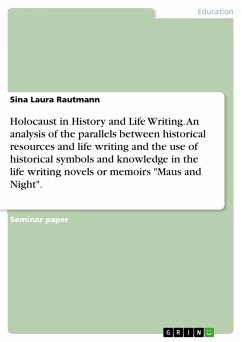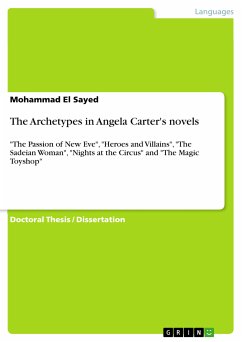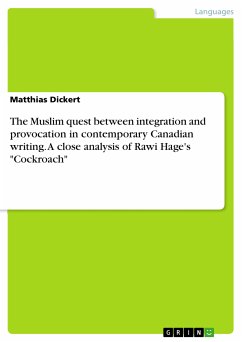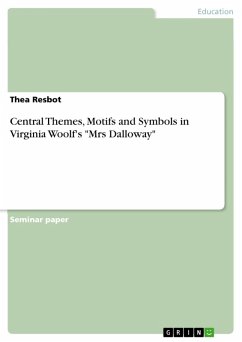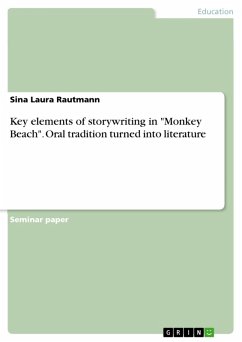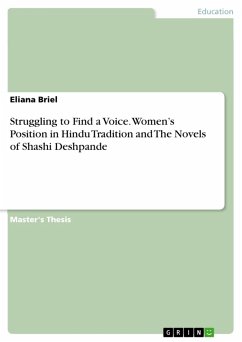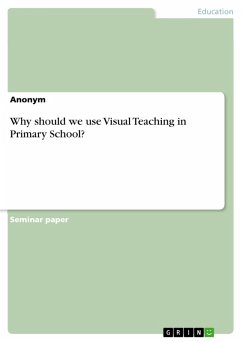Seminar paper from the year 2016 in the subject Didactics for the subject English - Literature, Works, grade: 1,3, Leuphana Universität Lüneburg, language: English, abstract: "Again the Holocaust?!..." is the answer, a lot of pupils ask when the topic is brought up in school. This might derive from the way the holocaust is taught: mainly fact based without personal encounter of survivors or personal stories. A different approach could be to read novels and memoirs of holocaust survivors to bring more personal aspects into the classroom. But my hypotheses is that - in order to understand those novels - the readers need historical basic knowledge about the holocaust. I assume that memoir authors use symbols and images that refer to the happenings without further explanation. By doing this, they leave more space for personal and emotional stories that cannot be found in pure fact based books or encyclopedias about the holocaust. To get a full picture of the holocaust and understand the novels completely the reader needs to know the meaning of certain symbols for example "chimneys" or "death marches." In order to analyze this theory, I am going to use historical literature as a reference point to see what events are neutrally described and taught as facts. Then I will compare these facts to the novels The Complete Maus by Art Spiegelman and Night by Elie Wiesel to see whether they took time to explain the events more detailed or whether they just refer to a symbol or happening that would be counted as 'common knowledge'. First I will give an introduction to the novels to summarize their story and highlight peculiarities and differences. In this part, I will also give an overview over the historical literature that will be the basis for this paper. In the second part I will highlight the most important facts, symbols, and images that are connected with holocaust events and recognized as general knowledge. I will explain them shortly and present passages from the books that refer to these events. In the end I will test my hypotheses and explain whether it has been proven as a true statement or not. I will present my conclusion on the importance of memoirs and historical resources for a general overview on the topic of the Holocaust and NS- regimes.
Dieser Download kann aus rechtlichen Gründen nur mit Rechnungsadresse in A, B, BG, CY, CZ, D, DK, EW, E, FIN, F, GR, HR, H, IRL, I, LT, L, LR, M, NL, PL, P, R, S, SLO, SK ausgeliefert werden.

